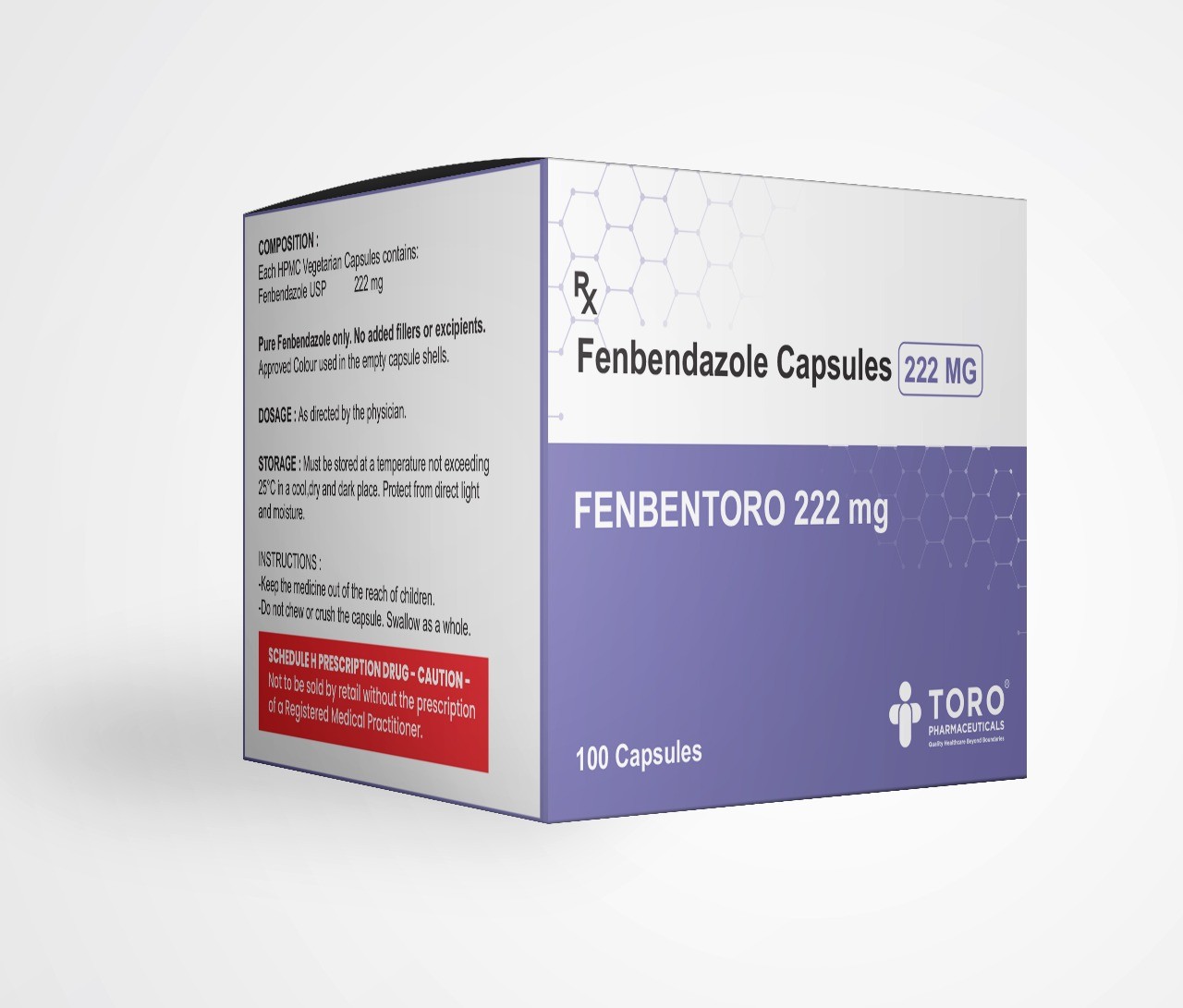fenbendazole 444: Top Reasons for Veterinary Use
Wiki Article
Recognizing the Conveniences and Uses of Fenbendazole in Veterinary Medicine
Fenbendazole has actually established itself as an essential anthelmintic in veterinary medication. Its capability to target different parasitical infections makes it an important device for vets. The medication's system disrupts crucial cellular procedures in bloodsuckers, leading to reliable treatment results. However, its security profile ranges varieties, necessitating cautious consideration in its use. Understanding these dynamics can clarify fenbendazole's wider effects in vet care and ongoing research into its potential beyond conventional applicationsDevice of Activity of Fenbendazole

Typical Parasitical Infections Treated With Fenbendazole
A selection of parasitical infections are effectively treated with fenbendazole, making it a versatile alternative in vet medicine. This anthelmintic representative is particularly effective against nematodes, including roundworms and hookworms, which generally influence dogs and pet cats. It is likewise made use of for the therapy of cestodes, such as tapeworms, giving a broad spectrum of action versus both kinds of digestive parasites. Additionally, fenbendazole is useful in taking care of infections caused by protozoa, especially Giardia, which can lead to gastrointestinal distress in pets. Its effectiveness includes dealing with specific lungworms in canines and felines, attending to breathing wellness concerns linked to these bloodsuckers. Overall, fenbendazole's capability to target multiple parasitical types makes it a beneficial device in veterinary method, ensuring the health and wellness and well-being of pets affected by these common infections.Safety and Effectiveness in Various Animal Types
The security and efficiency of fenbendazole differ amongst different animal varieties, emphasizing the importance of species-specific factors to consider in veterinary medication. In pooches, fenbendazole is usually well-tolerated and effective against a variety of stomach parasites, including roundworms and hookworms. For felines, nonetheless, its use is much less common and may require mindful application due to prospective damaging responses.In animals, such as livestock and lamb, fenbendazole demonstrates performance against various endoparasites, contributing to enhanced wellness and productivity. The pharmacokinetics and possible side results can vary substantially between varieties, requiring careful examination by veterinarians.
Equines likewise react positively to fenbendazole, specifically for treating strongyles and ascarids, though dosage and management courses need to be tailored to their unique physiology. Consequently, understanding these differences is vital for optimizing therapy end results and guaranteeing pet welfare throughout diverse species.
Administration and Dose Standards
Appropriate administration and dosage standards are look at here now important for maximizing the restorative effects of fenbendazole while decreasing possible adverse effects. The dose typically varies depending upon the varieties being dealt with, the particular problem, and the solution of fenbendazole utilized. fenbendazole. For pets and felines, a typical dose is 50 mg/kg body weight, carried out daily for 3 consecutive days, yet veterinarians might change this based on private health and wellness assessmentsIt is essential to administer fenbendazole with food to improve absorption and decrease stomach upset. The drug is available in different forms, including granules and paste, allowing for flexible management alternatives. Keeping track of the animal's response during and after treatment is a good idea to confirm efficacy and security. Additionally, vet support is essential to determine the ideal period of treatment based on the sort of parasitical infection being dealt with, ensuring ideal outcomes for the pet's wellness.
Future Point Of Views and Research on Fenbendazole
Research study on fenbendazole remains to advance, concentrating on its possible applications past conventional antiparasitic usages. Current studies have explored its effectiveness in treating numerous forms of cancer, especially in veterinary oncology. Preliminary information recommend that fenbendazole might hinder the development of tumor cells and enhance the results of other chemotherapeutic agents.In addition, researchers are exploring its role in taking care of food poisonings in animals, highlighting its anti-inflammatory properties. The flexibility of fenbendazole for various our website varieties questions regarding its security accounts and optimal dosing regimens in diverse populations.
As rate of interest grows, there is a need for complete clinical trials to establish advice evidence-based standards for these unique applications. Future research study may additionally explore the devices behind fenbendazole's effects, possibly paving the way for innovative restorative techniques in vet medication. The continuous expedition of fenbendazole can greatly improve treatment choices for various vet problems.

Frequently Asked Concerns
Is Fenbendazole Safe for Pregnant Animals?
The security of fenbendazole for pregnant animals stays unclear. While some research studies suggest very little risk, vets generally recommend care and typically suggest against its use while pregnant unless the advantages plainly outweigh possible dangers.Can Fenbendazole Be Utilized in Animals?
Fenbendazole is frequently made use of in livestock to deal with numerous parasitical infections. fenbendazole capsules. Its efficiency against gastrointestinal worms makes it a valuable anthelmintic, adding to enhanced health and wellness and performance in animals raised for food and fiberWhat Are the Side Effects of Fenbendazole?

The side effects of fenbendazole may consist of intestinal disturbances, sleepiness, and sensitive reactions. In rare instances, a lot more serious responses could occur, demanding cautious surveillance and consultation with a vet throughout treatment.
Just How Does Fenbendazole Contrast to Various Other Dewormers?
Fenbendazole offers broad-spectrum efficacy against various parasites, typically comparing positively to various other dewormers. Its distinct mechanism targets various life phases, making it efficient, while normally presenting a positive safety and security account compared to options available on the marketplace.Can Fenbendazole Be Utilized for Dealing With Cancer Cells in Pet Dogs?
The capacity of fenbendazole in treating cancer cells in animals has gathered interest. Initial studies recommend it may hinder cancer cells cell growth, however better research is essential to confirm its effectiveness and safety in veterinary oncology.Report this wiki page